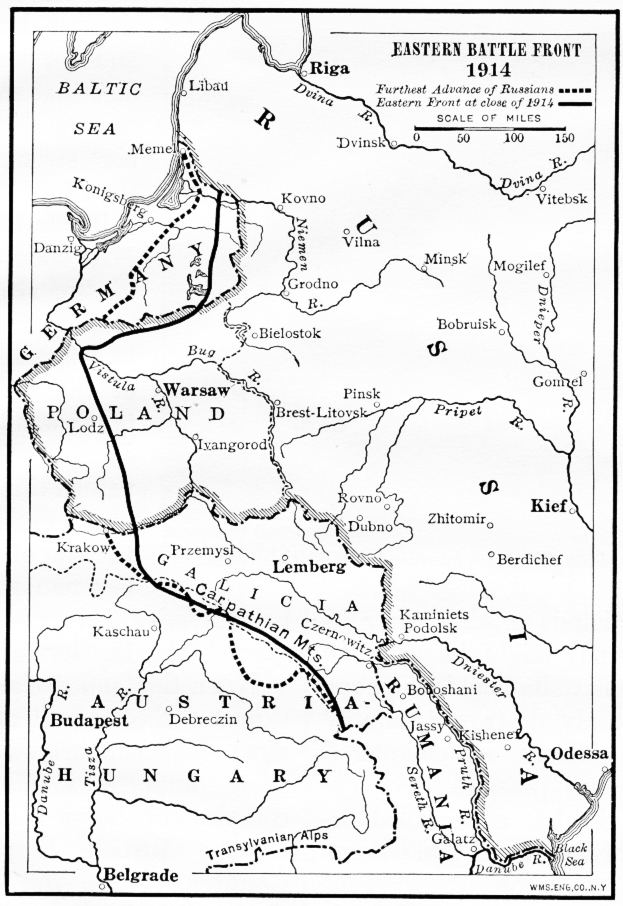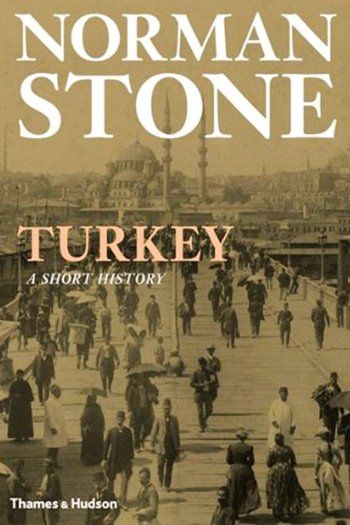

There is not a single note or scholarly reference to support any of this claim. There was more banging of the table in Berlin, and war was declared on the 28th" (p. "Discreet banging on the table came from Berlin, and. The Habsburgs, in Stone's version, feared war and delayed. The Austrians were told that they should use to attack Serbia, Russia's client" (p. In a single page, Stone returns the following verdicts: "The Warburgs in Hamburg were being told, by a special courier, what to do. Where Taylor engaged in historical debates, Stone issues pronouncements. There is never a question of other powers' intentions or missteps, or any indication that there is the slightest historical debate about the issue. The opening chapter, for instance, is a straightforward indictment of German policy as the sole cause of the war. Instead of a home run, he produces only a long, loud foul. Stone's turn at the plate is less than masterful, however. Stone's work may be designed to remedy the situation. Taylor, whose own short history of the conflict Stone believes has not gained due respect (p. This is not just a history of the First World War it is a contentious lecture in the style of A. Some books are shorter than others, but Stone is not inventing the wheel here.

Over the past forty years, in fact, almost every "great historian" seems to have stepped up and had a crack at a history of the conflict. Stone is late to the game of writing short histories of the First World War, however Sir Michael Howard, the "best living military historian" (according to that book's dust jacket), wrote an even briefer book on this epic war in 2007. Now, as the dust jacket reads, "one of the world's greatest historians has achieved the almost impossible task of writing a brief book on this epic war." 171) the seminal work on the topic over thirty years later. Stone's Europe Transformed (1983) won the Fontana History of Europe Award, and The Eastern Front, 1914-1917 (1975) won not only the Wolfson History Award but also remains (as Stone modestly points out, p.

He is also an outstanding historian, when he puts his mind to it. Carr, grappling with the question of the Armenian genocide, denigrating the quality and scent of English undergraduates, or, now, writing a concise history of the First World War. Norman Stone has always been something of an iconoclast, whether attacking the great British historian E.


 0 kommentar(er)
0 kommentar(er)
